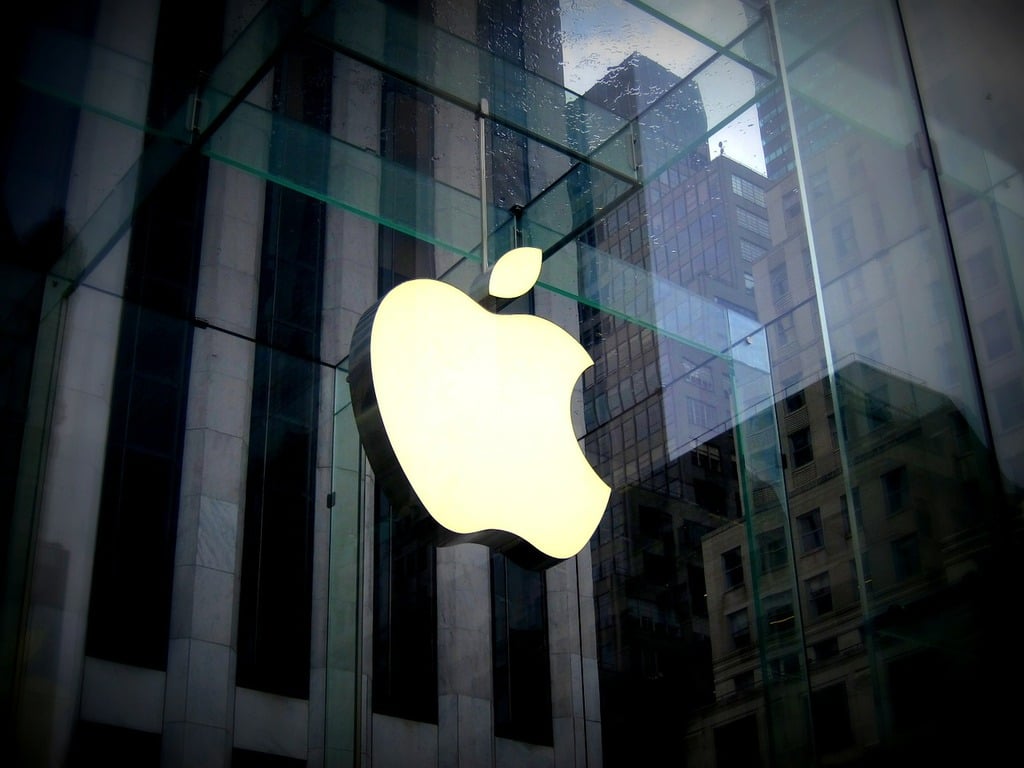It seems not everyone is thrilled about Apple diving into AI training by scraping web content. A growing number of major websites, including heavyweights in the news and social media sectors, have taken steps to block Apple’s web crawler, Applebot, from accessing their pages. The list includes The New York Times, The Atlantic, The Financial Times, and even social media giants like Facebook and Instagram.
🤖 Robots.txt: The New Battleground
At the heart of this pushback is the humble robots.txt file, a tool that web administrators use to control which bots can crawl their sites. Recently, several influential media companies and social media platforms have altered their robots.txt files to lock out Apple’s extended web crawler, Apple-Extended. This move isn’t just about denying Apple access to their content—it’s about preventing their data from being used to train Apple’s generative AI models.
Apple-Extended, according to Apple’s own blog, allows web publishers to opt-out of their content being used to train Apple’s AI systems, including those powering Siri and other Apple services. Blocking this bot doesn’t stop Apple from using the original Applebot for purposes like Siri and Spotlight search, but it does mean their data won’t be feeding Apple’s AI training.

⚔️ AI Industry: The Fight for Data
The race to build smarter AI systems has made quality training data a hot commodity, leading to fierce competition among tech giants. Platforms like Facebook and Instagram, owned by Meta—one of Apple’s competitors in the AI space—are particularly cautious about allowing Apple access to their data. Meanwhile, content-rich platforms like Tumblr and Craigslist, which thrive on user-generated content, also see their data as valuable, especially in the context of AI.
On the other hand, companies like Vox Media, Condé Nast, and The Atlantic have already struck content licensing deals with OpenAI, illustrating the complex dynamics at play. It’s a delicate balance of protecting intellectual property while potentially profiting from AI collaborations.

🛡️ Legal Concerns and Strategic Moves
The legal landscape around AI and copyright is becoming increasingly contentious. The New York Times is actively suing OpenAI for copyright infringement, and other companies are following suit, wary of their content being used without proper compensation. By blocking Apple-Extended, these companies are drawing a clear line, signaling that they’re not on board with their content being used for AI without stringent controls.
Apple’s cautious approach, particularly its decision to differentiate between Applebot and Apple-Extended, might be a strategic move to avoid entanglements in ongoing legal battles. Given that Apple has partnered with OpenAI to integrate ChatGPT into its products, it seems the tech giant is trying to tread carefully in this competitive and legally fraught environment.
🚦 The Road Ahead
As the digital landscape continues to evolve, the decisions made by companies regarding who can access their content and for what purpose will have far-reaching implications. The fight over data for AI training is just beginning, and Apple’s recent experiences might be a sign of more conflicts to come.
Stay tuned as we continue to follow this unfolding story in the world of tech and AI!
Want to stay in the loop on the latest tech news? Get connected with our newsletter for more updates!
